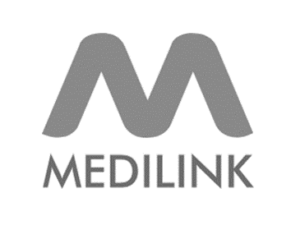Executives from across the industry shared their thoughts on how the healthcare sector can ensure its use of AI is ethical and responsible during the HIMSS24 conference, which took place in Orlando. Below are some of the most notable ideas they shared.
Collaboration is a must
While the healthcare industry lacks a shared definition for what responsible AI use looks like, there are plenty of health systems, start-ups and other healthcare organizations that have their own set of rules to guide their ethical AI strategy. Healthcare organizations from all corners of the industry must come together and bring these frameworks to the table in order to come to a shared consensus for the industry as a whole, he explained.
Start with use cases that have low risks and high rewards
Currently, there are still many unknowns when it comes to some of the new large language models hitting the market. That is why it is essential for healthcare organizations to begin deploying generative AI models in areas that pose low risks and high rewards. Using generative AI to generate a summary of a patient’s hospital stay and prior medical history isn’t very risky, but it can save nurses a lot of time and therefore be an important tool for combating burnout.
Trust is key
Generative AI tools can only be successful in healthcare if their users have trust in them. Because of this, AI developers should make sure that their tools offer explain-ability. For example, if a tool generates patient summaries based on medical records and radiology data, the summaries should link back to the original documents and data sources. That way, users can see where the information came from.
Conclusions
Healthcare leaders “sometimes expect that the technology will do more than it is actually able to do” but AI is not a silver bullet for healthcare’s problems. To not get stuck in this trap, think of AI as something that serves a supplementary or augmenting function. AI can be a part of the solution to major problems like clinical burnout or revenue cycle challenges, but it’s unwise to think AI will eliminate these issues by itself.
Here the full Article by MedCity News:












